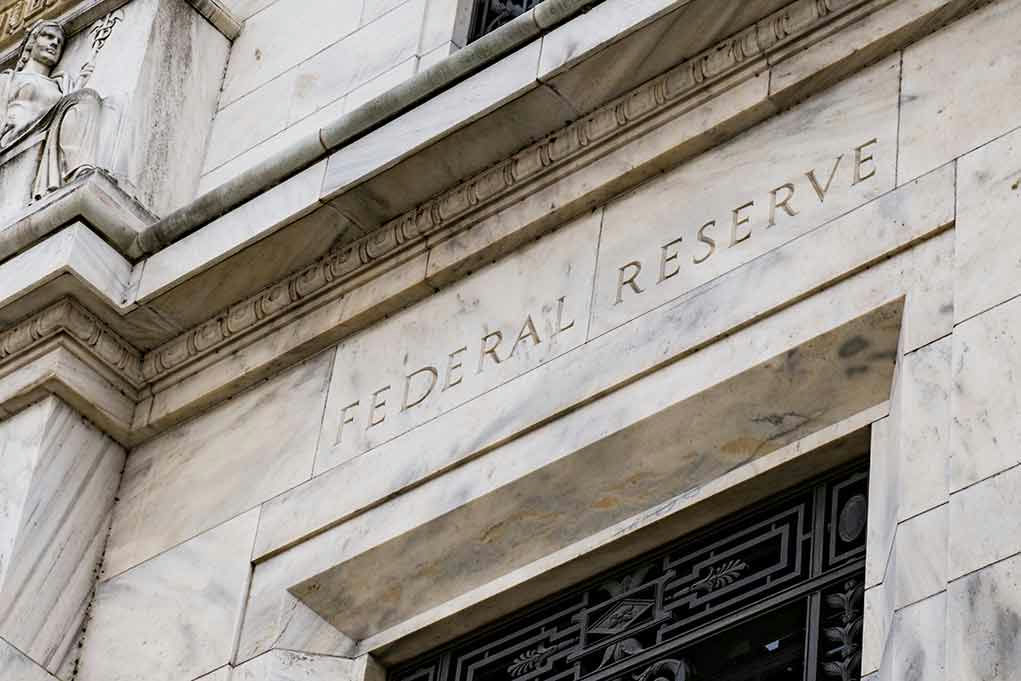President Trump’s nomination of Stephen Miran to the Federal Reserve Board marks a seismic shift that could end the Fed’s independence and trigger a risky monetary reset affecting every American’s wallet.
Trump’s Bold Move to Reshape the Federal Reserve
On August 7, 2025, President Trump shook up Washington by nominating Stephen Miran, a key proponent of his economic reset, to the Federal Reserve Board. Miran replaces outgoing Biden appointee Adriana Kugler, signaling a direct effort to bring the Federal Reserve in line with the president’s vision. The so-called “Mar-a-Lago Accord” aims to orchestrate a deliberate weakening of the dollar and a potential revaluation of gold, echoing the historic Plaza Accord of 1985 but with an even sharper partisan edge. This move follows Trump’s ongoing strategy to remove officials tied to the previous administration and to cement executive control over institutions that have, until now, operated with a degree of independence crucial to maintaining economic checks and balances.
Financial markets responded immediately, with gold prices soaring past $3,400 an ounce in anticipation of a less stable dollar and more interventionist monetary policy. Investors, exporters, and financial analysts are watching closely, as Miran’s nomination signals a break from the neutral, technocratic approach that has long governed the Fed. Instead, Trump’s maneuver positions the central bank as an active tool for achieving political and economic objectives, sparking concerns about inflation and the erosion of the dollar’s global standing. For conservatives who have long called for an end to globalist policies and unchecked spending, this reset promises a hard pivot—but not without significant risks for savers and consumers.
The Fight for Control: Breaking the Tradition of Fed Independence
For decades, the Federal Reserve has operated with a mandate to balance growth and inflation, largely insulated from direct political pressure. Trump’s second term, however, has brought a relentless push to increase presidential influence over the central bank, punctuated by the removal of Biden-era officials and the installation of loyalists like Miran. The nomination is pending Senate confirmation, but the message is clear: the era of unelected technocrats steering monetary policy is over. Trump’s allies argue this is necessary to counteract years of fiscal mismanagement and to restore economic sovereignty, while critics warn that politicizing the Fed could lead to runaway inflation, volatile markets, and a loss of faith in the U.S. dollar as the world’s reserve currency.
Jerome Powell, the current Fed Chair whose term expires in May 2026, is widely expected to be replaced, possibly by Miran himself—a move that would further cement Trump’s control over America’s most powerful economic institution. This consolidation of power is unprecedented in modern times and has ignited debate over the long-term consequences for constitutional governance, market stability, and the average American’s cost of living. With the Senate set to consider Miran’s nomination after the August recess, the stakes for families, retirees, and business owners could not be higher.
Winners, Losers, and the Road Ahead
The immediate fallout from the Mar-a-Lago Accord is already being felt. Exporters may benefit from a weaker dollar, making American goods more competitive abroad, but importers and ordinary consumers face the prospect of rising prices as the cost of foreign goods climbs. Gold and commodity investors have cheered the prospect of a monetary reset, but everyday savers are left to worry about the erosion of their purchasing power and the specter of inflation. Global trading partners, meanwhile, are on alert, with some analysts warning that aggressive devaluation could prompt other nations to seek alternatives to the dollar—undermining America’s economic clout on the world stage.
The Mar-a-Lago Accord Confirmed: Miran Brings Trump's Reset To The Fed https://t.co/Uzu6HEsItY
— zerohedge (@zerohedge) August 26, 2025
Expert opinions remain sharply divided. Some financial analysts, such as those at JPMorgan Chase, predict that easier monetary policy will steepen the yield curve and spur growth, while others caution that the politicization of the Fed may backfire, damaging the institution’s credibility and destabilizing financial markets. For conservative Americans, the promise of reining in globalist excess and restoring executive accountability is appealing—but the risks of inflation, higher living costs, and a weaker currency are real and immediate. As the confirmation battle unfolds and Trump’s monetary reset takes shape, the nation stands at a crossroads: will this bold new direction deliver lasting prosperity, or will it unravel the very foundations of America’s economic strength?
Sources:
Trump to Nominate Stephen Miran to Federal Reserve Board of Governors
Trump Nominates Miran to the Federal Reserve Board
Trump tightens his grip on the Fed by removing a Biden-appointed governor
Federal Reserve governor terms, Supreme Court justices, Lisa Cook, Powell, Trump

